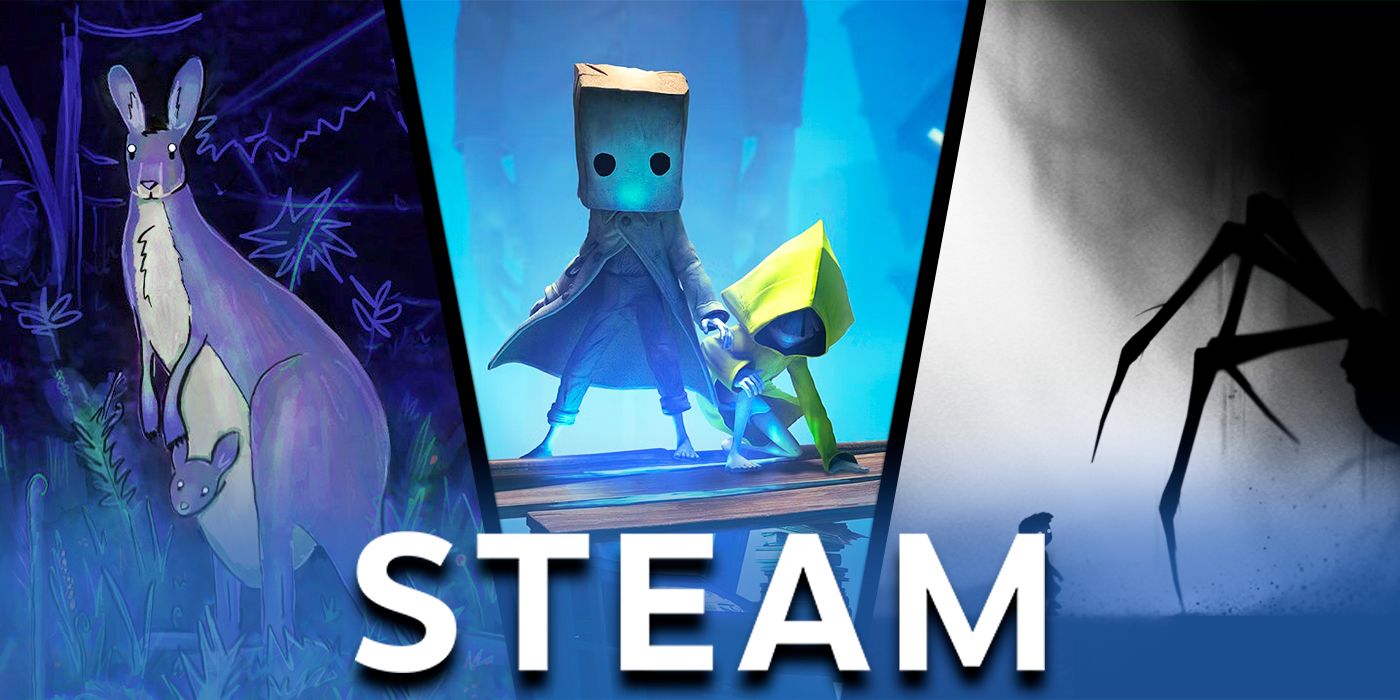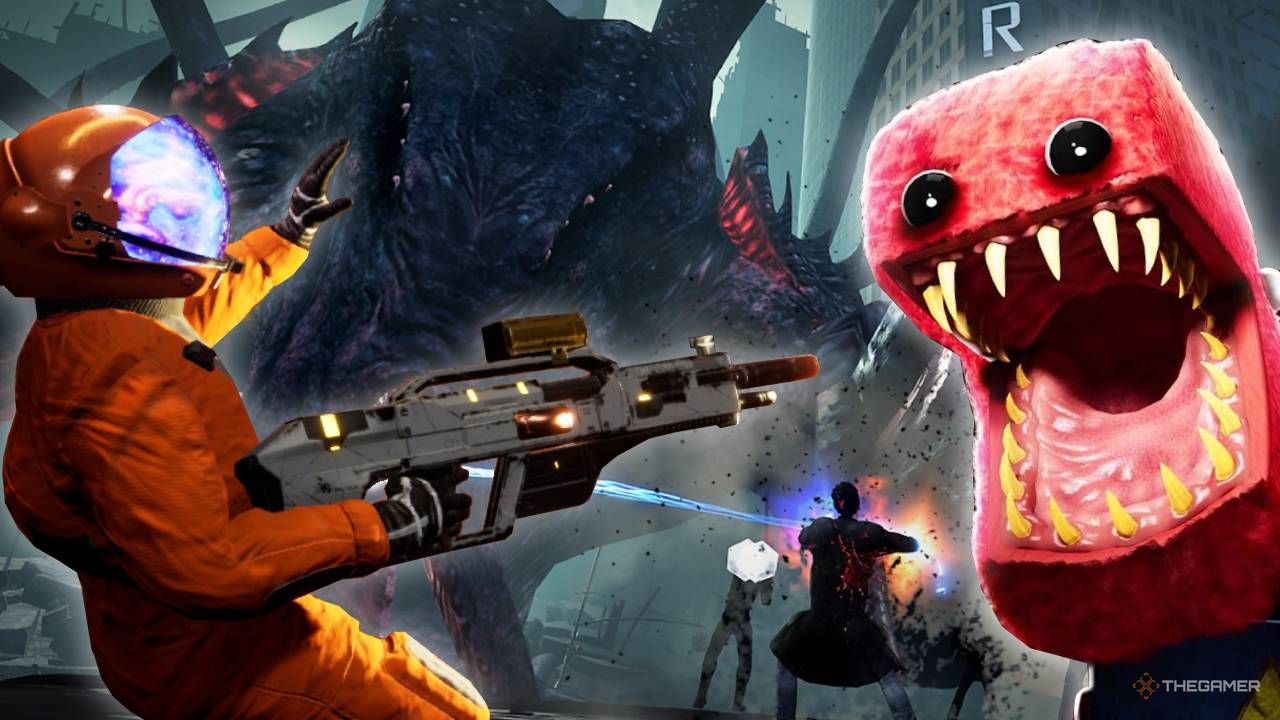Test Your Strategic Abilities in one of the most Engaging Multiplayer Gamings
In the ever-evolving landscape of multiplayer gaming, strategic abilities are the cornerstone of success, using gamers a chance to display their tactical expertise throughout numerous styles. As players engage in cooperative experiences or team-based competitors, the requirement of quick decision-making and partnership becomes obvious.
Real-Time Approach Showdowns
Real-time technique (RTS) showdowns have long been a foundation of involving multiplayer gaming, captivating gamers with their mix of tactical depth and fast-paced decision-making. These video games require gamers to manage resources, construct militaries, and create complicated techniques in real-time, usually against similarly experienced challengers. The continuous stress to adjust and exceed challengers in a vibrant atmosphere is what establishes RTS games apart, making them a favored among competitive gamers.
Among the specifying functions of RTS showdowns is the focus on multitasking and source administration. Players should allocate their focus throughout various jobs, such as collecting sources, constructing buildings, and releasing devices purposefully across the field of battle. This necessitates fast reflexes and a severe capability to prioritize actions, typically causing extreme, adrenaline-fueled suits.
Notable RTS games such as "StarCraft II," "Age of Empires," and "Command & Conquer" have left enduring marks on the category, using varied gameplay technicians and highly thorough globes. Multiplayer puzzle games for free. These titles have grown affordable scenes and dedicated areas, where players sharpen their skills, study techniques, and take part in high-stakes competitions. The appeal of RTS showdowns lies in their ability to test players' critical acumen and reflexive expertise in equal measure
Turn-Based Tactical Battles
Turn-based tactical battles mesmerize gamers with their systematic method to approach, contrasting the unbalanced speed of real-time engagements. These video games provide gamers the chance to deliberate over each action, promoting a chess-like setting where insight and careful planning are vital. Gamers need to anticipate their opponents' actions, adjust to progressing situations, and implement well-balanced strategies to protect triumph. This category highlights the worth of calculated depth, awarding those who can think multiple actions ahead.
In multiplayer setups, turn-based tactical fights come to be arenas for intellectual duels. Rivals take part in intricate mind games, forecasting and responding to each other's approaches with precision. Popular video games like "XCOM 2" and "World VI" exhibit this gameplay, urging players to think about every possible variable prior to committing to a strategy. The asynchronous nature permits for thoughtful decision-making, making each experience a test of wits and perseverance.
Furthermore, turn-based tactical battles typically integrate varied units and capacities, including layers of intricacy per suit. Gamers must balance offending maneuvers with defensive techniques, handle sources deliberately, and optimize the possibility of their pressures. This genre's enduring charm depends on its capacity to test players' critical acumen in a regulated, deliberate setup.
Cooperative Method Experiences
These video games require gamers to function together towards typical goals, leveraging each gamer's one-of-a-kind skills and strengths to get rid of obstacles. Titles such as "Overcooked" and "Deep Rock Galactic" exemplify this style, highlighting the requirement for gamers to synchronize their techniques and actions.

The allure of cooperative technique experiences depends on their capability to enhance interpersonal skills while supplying a tough and interesting gameplay experience. These video games grow a feeling of unity and common function, supplying players a satisfying option to typical affordable gaming landscapes.
Affordable Team-Based Obstacles
Affordable team-based challenges present a dynamic arena where gamers match their skills against opposing groups, emphasizing both private talent and seamless group control. These video games need participants to balance personal prowess with tactical partnership, fostering a special atmosphere where synergy is paramount. Success in such setups usually depends upon the ability to interact effectively, carry out tactical strategies, and adjust promptly to unraveling situations.
The compelling nature of these obstacles appears in the varied variety of games that provide team-based competitors. Titles like "League of Legends," "Overwatch," and "Counter-Strike: Global Offensive" go to the forefront, each giving distinct gameplay mechanics that require communication and tactical acumen. In these sectors, the group's performance is as critical as the specific payments of its participants, making every explanation role significant to the overall outcome.
Moreover, affordable team-based video games grow a feeling of sociability and shared accomplishment. Players have to discover to count on and depend on each other, building bonds that enhance the gaming experience. The stress of dealing with formidable opponents further heightens the thrill, making sure that participants are continuously tested to boost their tactical thinking and gameplay execution.
Mind-Bending Puzzle Fights
While competitive team-based difficulties stress cooperation and technique, mind-bending challenge conflicts offer a various type of intellectual involvement, concentrating on specific problem-solving and cognitive expertise. These video games evaluate the limitations of analytical thinking and imagination, requiring gamers to navigate complicated scenarios and address elaborate puzzles. Unlike team-based games, the focus below is on personal success and psychological agility, often under the pressure of time restraints or escalating difficulty levels.
Among the most fascinating elements of challenge conflicts is their capability to boost cognitive features. Gamers need to exercise spatial reasoning, rational deduction, and pattern recognition. Titles such as "The Witness" and "Portal 2" work as perfect instances, challenging players with multidimensional puzzles that demand deep concentration and ingenious approaches. These games not only amuse however additionally boost critical believing skills and cognitive adaptability.
Furthermore, multiplayer problem games present an one-upmanship by permitting gamers to pit their analytical abilities against others. Games like "Keep Speaking and No one Explodes" need players to interact effectively to solve problems en masse, blending the adventure of competitors with the complete satisfaction of collective accomplishment. Ultimately, these games give an enriching experience, sharpening strategic reasoning in a distinctively engaging setting.
Final Thought
Finally, the diverse variety of multiplayer video games provides an exceptional system for honing tactical abilities across various categories. Real-time technique showdowns like "StarCraft II" demand quick decision-making and source monitoring, while turn-based tactical fights stress methodical planning. Cooperative technique experiences such as "Deep Rock Galactic" emphasize team effort and cooperation, whereas affordable team-based obstacles, including "League of Legends," require coordination and adaptability. These dynamic atmospheres collectively cultivate the advancement of critical reasoning, blog enhancing both cumulative and private gaming experiences.
These video games require players to manage resources, develop militaries, and develop complex strategies in real-time, frequently against just as proficient challengers. These video games need players to function together in the direction of usual purposes, leveraging each player's unique abilities and staminas to overcome difficulties.In cooperative strategy games, gamers commonly assume duties with certain duties, necessitating a deep understanding of their own abilities as well as those of their colleagues. The dynamic nature of these video games demands versatility, as gamers need to adjust their techniques in real-time to fit advancing circumstances.
